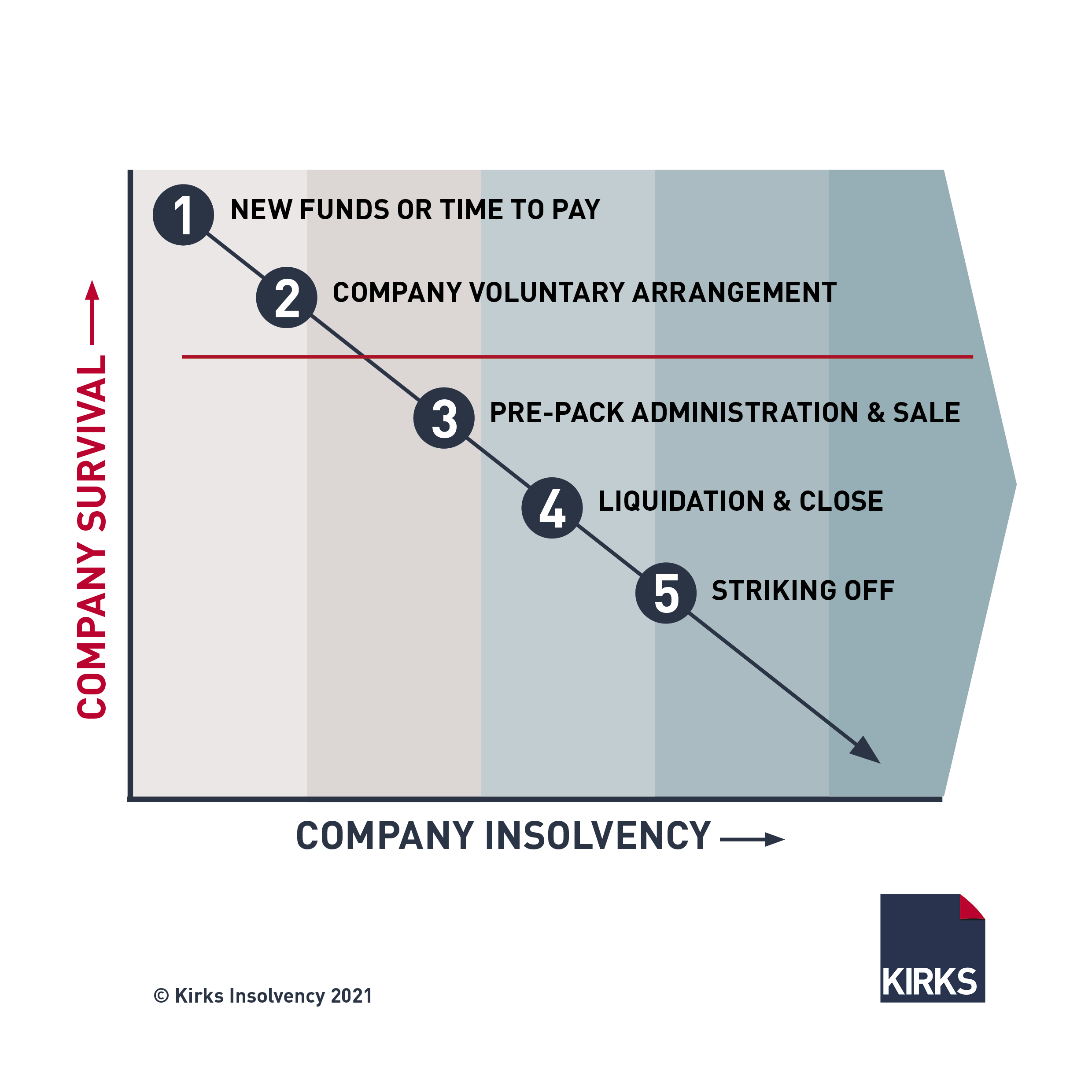The Best Guide To Insolvency Practitioner
The Best Guide To Insolvency Practitioner
Blog Article
The Definitive Guide to Insolvency Practitioner
Table of Contents7 Easy Facts About Insolvency Practitioner ShownInsolvency Practitioner Things To Know Before You BuyThe Best Strategy To Use For Insolvency PractitionerThe Best Strategy To Use For Insolvency PractitionerSome Known Facts About Insolvency Practitioner.The Basic Principles Of Insolvency Practitioner Insolvency Practitioner for Dummies
Bankruptcy is when obligations are better than the value of the firm, or when a debtor can not pay the debts they owe. A business can end up being financially troubled as a result of a number of situations that lead to inadequate capital. When confronted with insolvency, an organization or person can call lenders directly and restructure debts to pay them off.Insolvency can bring about insolvency proceedings, in which lawsuit will certainly be taken against the bankrupt person or entity, and properties might be sold off to repay outstanding financial obligations. Local business owner might contact lenders directly and restructure debts into even more manageable installments. Financial institutions are usually amenable to this method because they want to be settled and stay clear of losses, also if the settlement gets on a delayed timetable.
The Ultimate Guide To Insolvency Practitioner
The owner develops a proposal outlining just how the financial obligation might be restructured using price decreases or various other prepare for support. The proposal reveals lenders just how business may create sufficient money flow for profitable procedures while paying its financial obligations. Generally, a forgiven financial obligation may be taken into consideration income by the Internal Income Service (IRS).

An Unbiased View of Insolvency Practitioner
When procedures cease, so does the firm's earnings (Insolvency Practitioner). Some companies become insolvent due to the fact that their products or services don't advance to fit customers' changing needs.
Expenditures exceed revenues and bills remain unpaid. Cash-flow bankruptcy occurs when a company has the assets to cover their financial obligations but they are in the incorrect type, such as actual estate instead of liquid funds. Balance-sheet bankruptcy, on the other hand, shows a lack of possessions in any type of kind to cover financial debts.
The IRS states that a person is bankrupt when the overall responsibilities go beyond complete assets. A personal bankruptcy, on the various other hand, is an actual court order that illustrates how an insolvent individual or company will pay off their creditors, or exactly how they will certainly sell their properties in order to make the settlements.
What Does Insolvency Practitioner Do?

Comprehending the variables that can result in a fantastic read insolvency, such as overspending, can aid you prevent bankruptcy and its consequences.
The Greatest Guide To Insolvency Practitioner
It is well understood that directors and officers of corporations (and supervisors of limited liability business) owe fiduciary duties to their organizations and their shareholders (or participants). These fiduciary commitments are defined by state laws and, though there are variants from state to state, they normally include a responsibility of commitment and a responsibility of care.
The task of care requires directors and officers to work out diligence, to make informed choices, and to act in excellent confidence to make sure that their activities remain in the very best rate of interest of the company. Past the scope of this discussion, some states allow these check it out responsibilities to be limited either by so noting in the organizational documents or abiding with other requirements.
The Greatest Guide To Insolvency Practitioner
The majority of states specify insolvency in two means( 1) when a firm's obligations come to be higher than the amount of its properties or (2) when the company becomes unable to pay its financial debts as they become dueand welcome both definitions (Insolvency Practitioner). The shift in tasks happens since when a firm is financially troubled, there is no value in the business past that owed to the firm's lenders to make sure that the equity owners no more have an economic stake in the firm
Beware about providing investors favoritism at the cost of lenders (e.g., accrediting and funding a reward or a stock redemption). Beware about advantageous therapy between classes of shareholders. Clear up initiatives to learn all the facts before taking a certain training course of activity; supervisors must really believe that any decisions made are in the finest official statement interests of the corporation in its whole (i.e., decisions will be assessed in knowledge taking into account the impact of such actions on the corporation).
In any type of insolvency or bankruptcy case, settlements made to specific lenders at the cost of various other creditors can be clawed back, specifically if there is some link in between the business and the financial institution. Think about suggesting at an annual stockholder meeting (or any type of various other meeting of investors) a resolution attesting that all prior service choices and activities taken by the supervisors and policemans of the firm were taken in great belief after an exercise of affordable treatment.
Things about Insolvency Practitioner
Fully disclose any individual or organization relationships with celebrations beyond of transactions including the corporation to stay clear of the appearance of a conflict of interest. In assessing potential fund raising purchases or a sale of properties of the struggling firm, realize that these purchases may be looked at later in light of any kind of succeeding development of supervisors' fiduciary responsibilities to include financial institutions.
Report this page